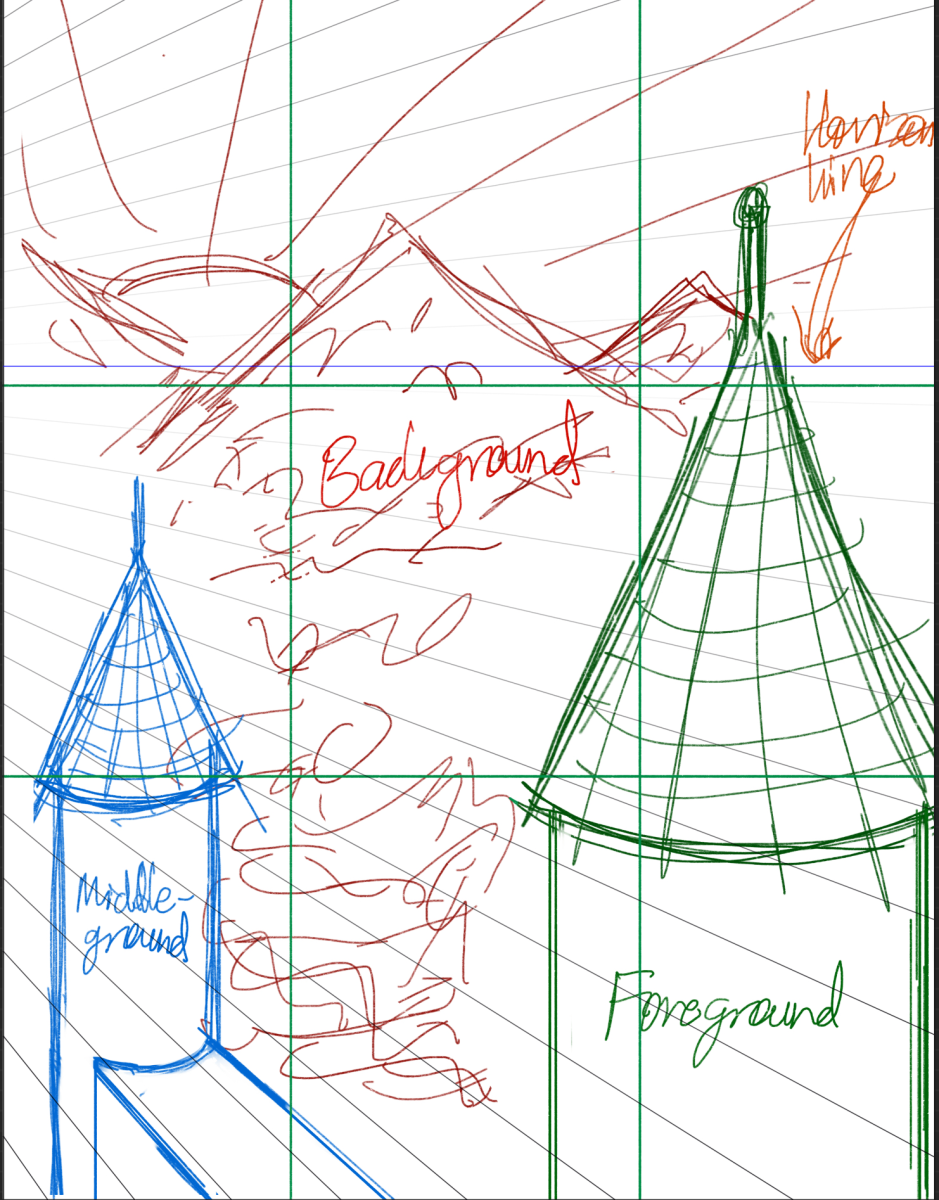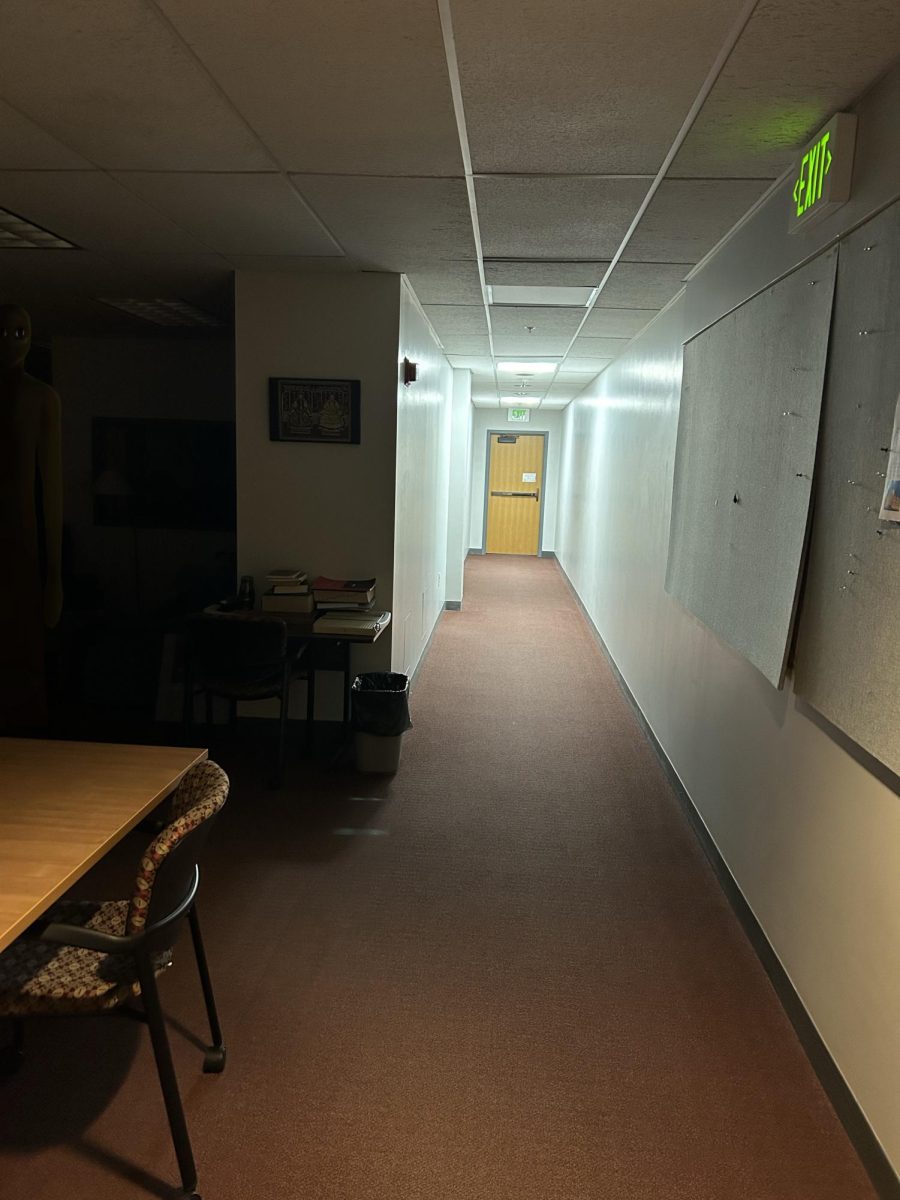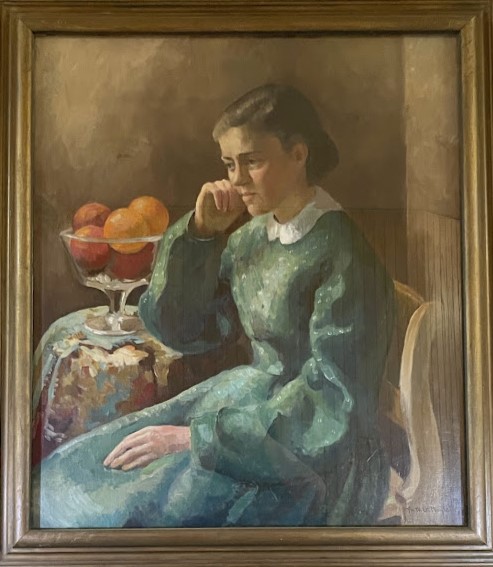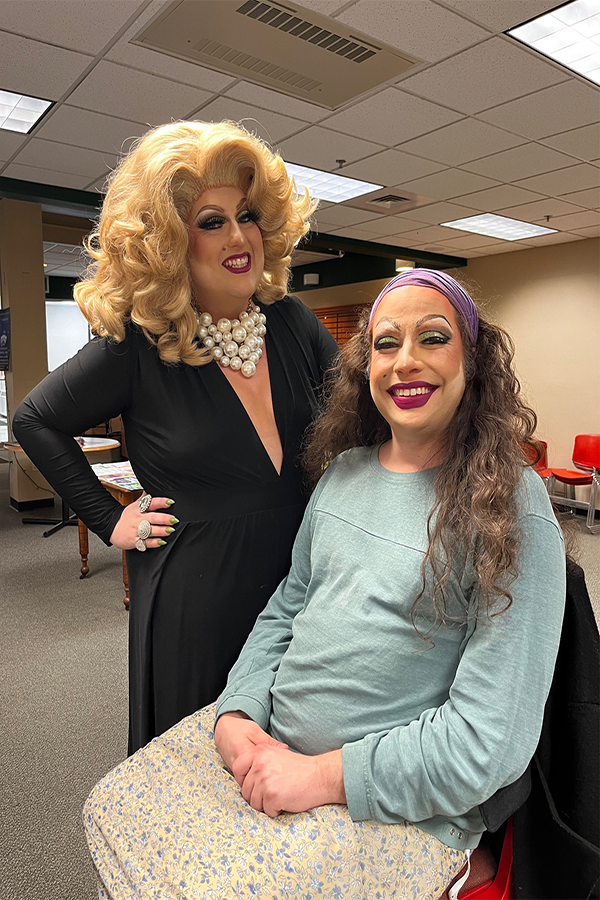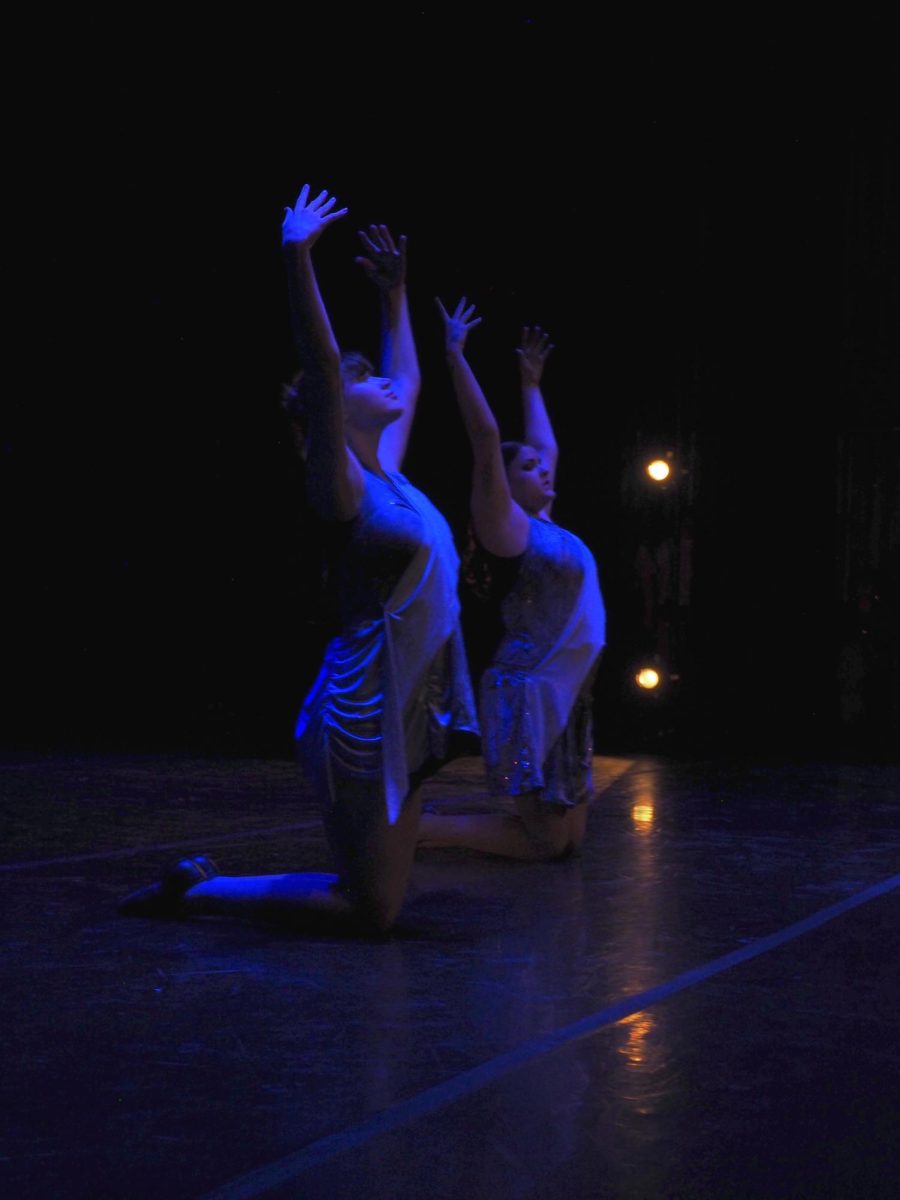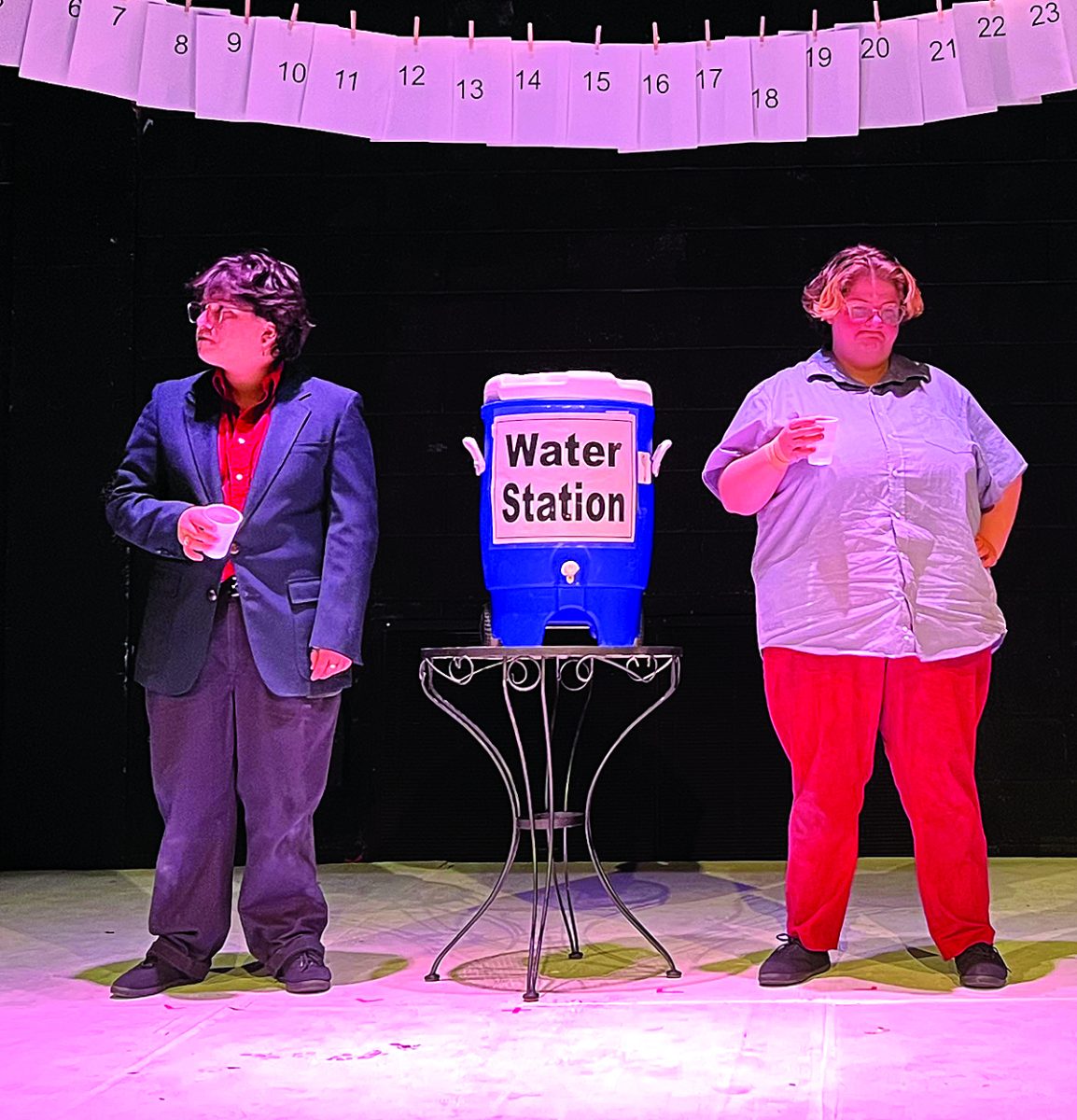On Feb. 13, Viver Brasil Dance Company appeared on Dibden’s stage during their Feet on the Ground tour. With eight dancers and seven musicians, this explosive Creative Audience performance brought the crowd to its feet. The performance consisted of six dance routines, each telling a different story and representing unique elements of Brazilian culture.
This inspiring cultural journey through Brazil began with the celebratory dance “Avanhia.” Dancers in glowing white costume filed in from both sides of the theater. This ceremonial meditation on the forces of nature paid homage to Ossain, the orixá of the leaves and herbal medicine, and Obaluaiyê, god of health and sickness.
The second dance, “Orixás,” retold the story of the god of iron, Ogum, who brought the elements together to populate and guide the world. This colorful, dance included beautiful costumes and flowing dance moves.
Closing out the first half of the performance was “The Three Wives of Xangô.” This performance had Luiz Badaró as Xangô dancing with his three wives all in different elaborate dress. Oxum, the goddess of the rivers, vanity, and love, shone in her gold costume. Obá, the goddess of the earth and the hunt, was dressed in green, with hints of a safari print, and Iansã, goddess of the winds and storms, in a brilliant red outfit.
All three women were vying for the love of Xangô, the orixá of thunder, lightning, and justice.
After a brief intermission, the dancers returned with a routine called “Identidade,” a contemporary dance choreographed by Rosangela Silvestre, who choreographed the majority of dances for the show.
The next section, “In Motion,” began with a display of Capoeira, an Afro-Brazilian martial art. The dancers slowly moved through the steps in an unhurried non-contact mock battle. The intricate poses they performed required intense strength and agility. After a few minutes, the piece transformed into an exuberant, fast-paced sparring dance overflowing with jumps, sweeping arms, and joyous yells from the dancers.
Throughout the night, the brilliantly colored costumes included regal silk hooped gowns with beaded headpieces, bright green tops with floral skirts, and flowing flower petal skirts and bright leotards.
One of the best parts of this performance was after the dancers took their final bows. The music continued, the audience was delivering a standing ovation and clapping along to the beat. The house lights came up, and the dancers came down off the stage. They started dancing in the aisles, and inviting audience members to dance along with them. The musicians danced around their platform as they played their instruments, and before long the floor in front of the stage was full with a combination of dancing audience members and members of the dance company.
The Viver Brasil Dance Company was co-founded in 1997 by Linda Yudin and Luiz Badaró, co-artistic directors. This award-winning dance company is solidly rooted in the traditional and contemporary forms and techniques of Salvador, Bahia, Brazil. The company specializes in bringing to life the beautiful and complex stories of the Orixá, African sacred energies that are the basis of Afro-Brazilian culture. They also present energetic sambas, contemporary Afro-Brazilian dance and Carnaval-rooted performances.
Through Yudin’s rigorous training and research (since 1986), she is able to connect the Candomblé traditions of music, dance, song and myths with innovative stage presentations for Viver Brasil.
Badaró was born in Salvador, Bahia, Brazil. He is a master dancer, choreographer and percussionist who has been choreographing and performing for over thirty years in Brazil, Europe, Africa and the United States.



